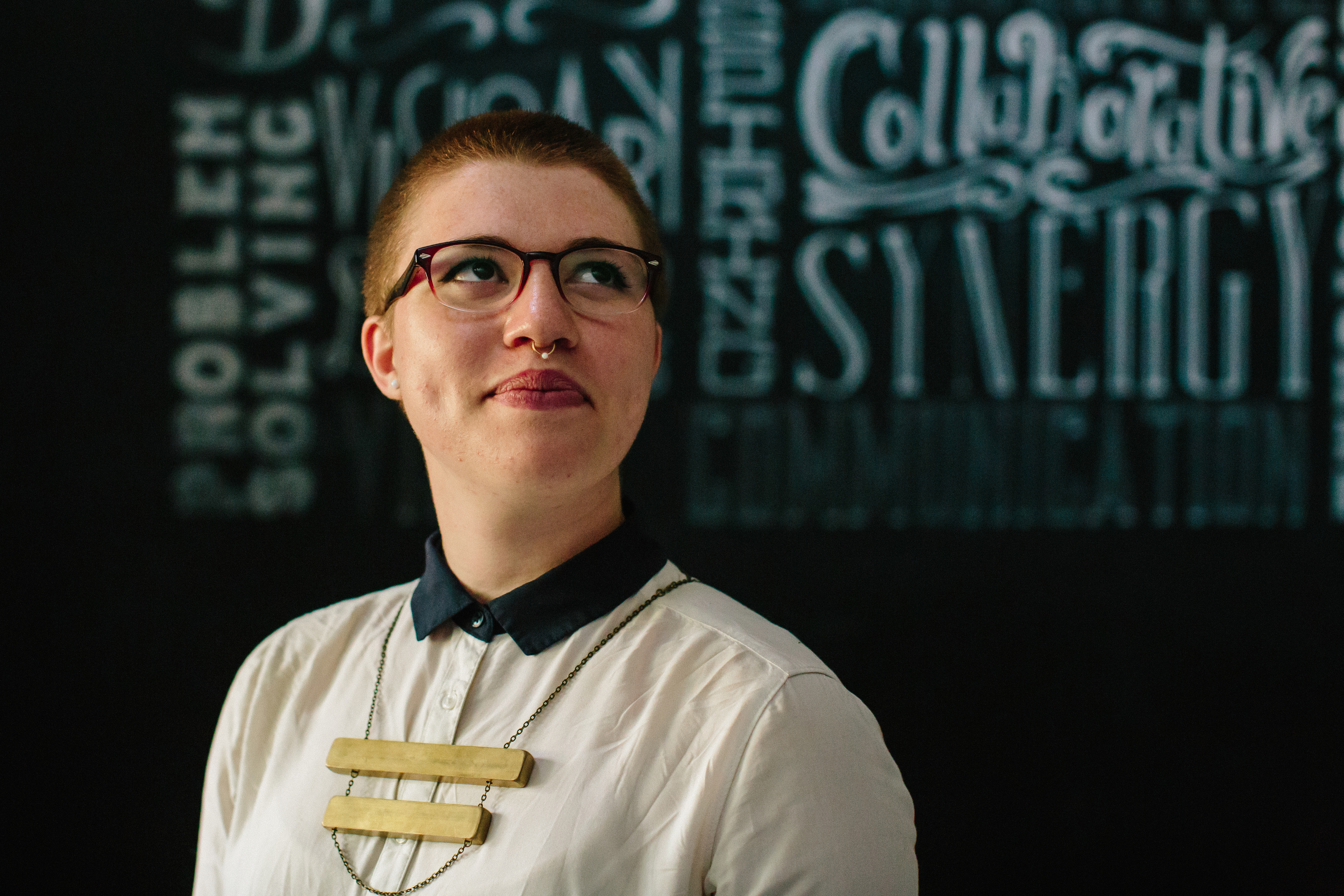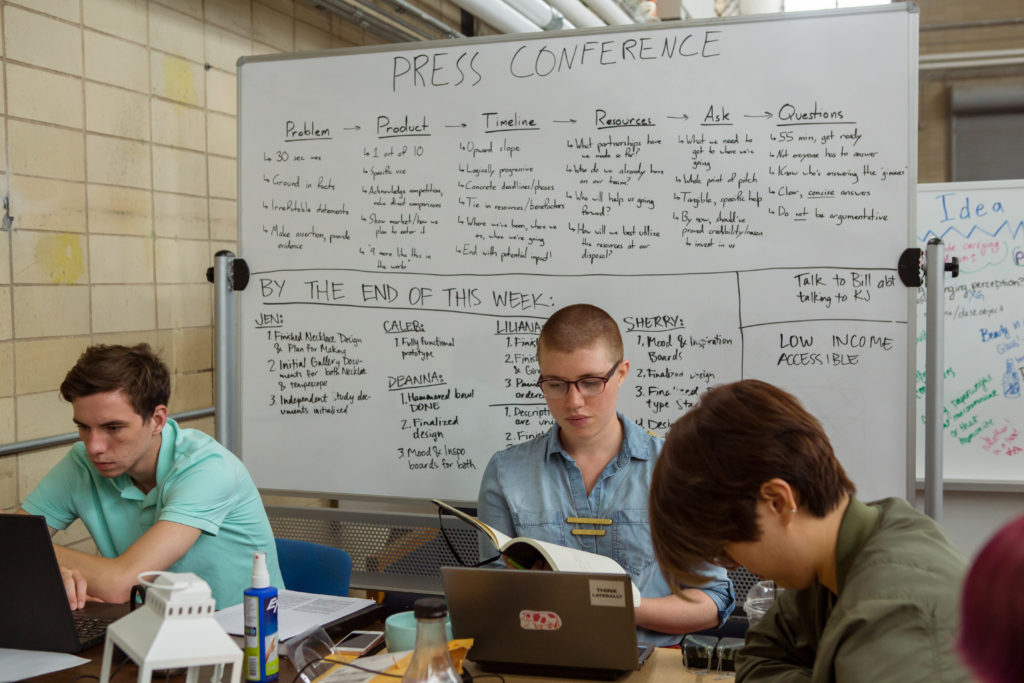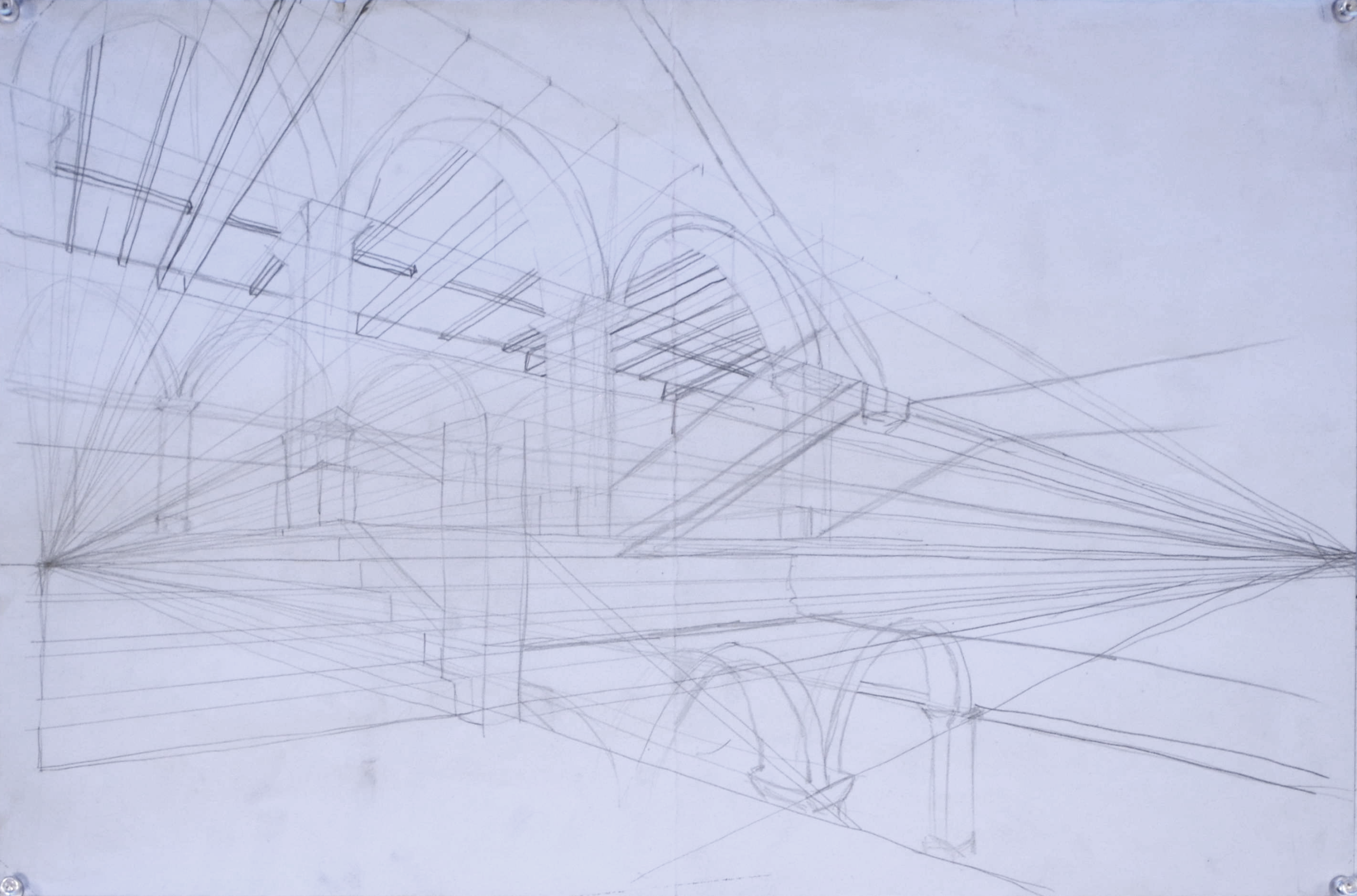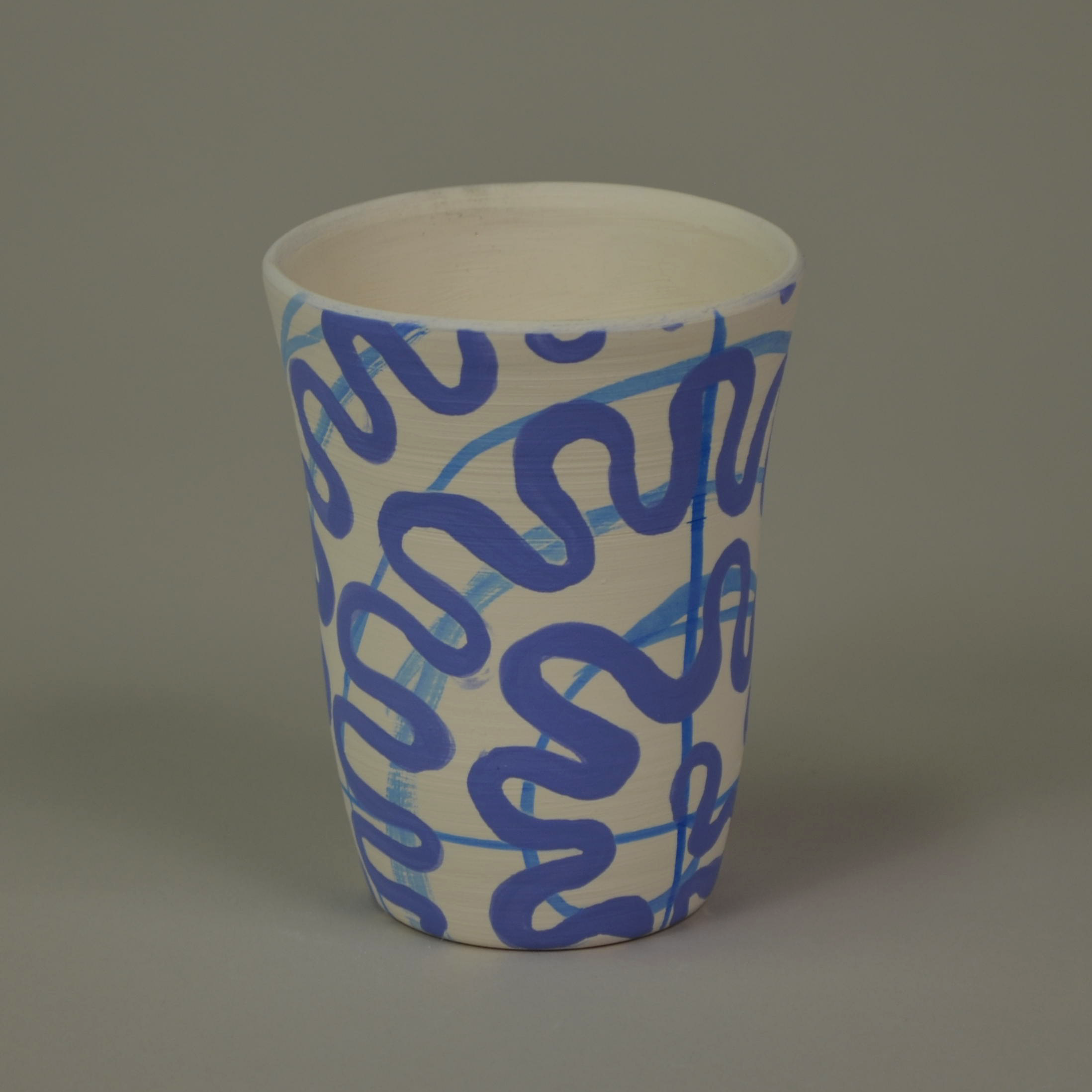Functional jewelry benefiting mental health

Compi is a weighted necklace that provides deep touch pressure therapy, calming the wearer.
The Compi Necklace provides deep touch pressure therapy to the wearer in a manner that is portable, fashionable, and accessible. Deep touch pressure therapy helps to regulate the autonomic nervous system, suppressing the panic response, decreasing the production of stress hormones such as cortisol, and increasing the production of endorphins and “happy hormones” such as serotonin and dopamine1. This combination of effects calm the user, and is incredibly helpful to those who experience stress, fear or anxiety on a regular basis.
Process

Aura was created by Eugene Brukhman during a fellowship with Lehigh Mountaintop Initiative, along with 6 other products, in 2017. Team Intentional Design, composed of Eugene Brukhman, Xiaoyu Gu, Deanna Kocher, Caleb Leaser, and Liliana Comito, pursued the topic of designing physical objects that could help people living with mental illness. This topic was proposed by Eugene Brukhman and advised by Bill Best, professor of practice in the mechanical engineering and mechanics department and co-director of the IDEAS (Integrated Degree in Engineering, Arts, and Sciences) honors degree at Lehigh University.
Research
The design process of the Compi necklace was informed by scholarly research exploring the effects of anxiety and various mental health issues on the body, methods of affecting those features, and the prevalence of stigma and its’ effects. The Intentional Design Mountaintop Team also conducted a survey among people with mental illness examining issues with stigma and perceptions of mental health.
Ideation
Refinement
Prototyping
Presentation
At the end of the Mountaintop fellowship Eugene Brukhman organized a gallery show to display the work of the Intentional Design team in the Fountain House Gallery in Manhattan.
A total of about 700 visitors came to see the two week run of the show, and afterwards the show was moved to Pratt Institute’s Industrial Design Department Lobby where it was on display for two more months.
In addition to displaying the 7 products developed over the course of the fellowship by the team, there was an interactive wall where people shared their own methods of coping with stress and addressing their mental health. Exit surveys taken among visitors expressed great interest in the projects displayed.




